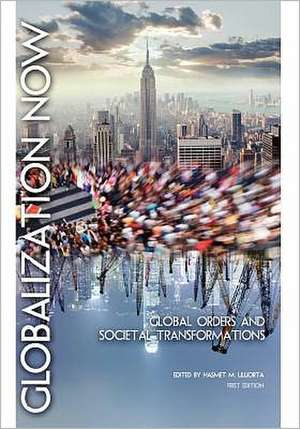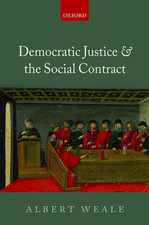"We live in a time of radical transformation, caught in the transition between shifting forms of global order and organization. The book Globalization Now is an anthology, with readings which argue that global orders change over time. These changes happen as the established order successfully deals with the crises and uncertainties of the preceding era. This does not mean that all is resolved. Instead there is sufficient consensus moving forward making what was once considered alternative and radical common-sense and mainstream. The American-led globalization that dominated the second half of the 20th Century was one such order. However, it is no longer capable of addressing the risks and uncertainties of the 21rst Century. At this time there is no fully developed, institutionalized alternative rendering a world where common-sense is contested. Instead, we are between global orders, with economic, security and culture flows shifting away from past to future power nodes. Globalization Now focuses on two key issues of the current transition: governance and work. A form of (dis)organized poly-centric governance is emerging. It extends beyond state-centric governance to include global institutions, transnational corporations, and transnational civic society. The idea of work is in transformation as both people and jobs shift across borders, producing new tensions, struggles, and possibilities. In order to examine these issues the readings selected for Globalization Now are organized into four sections: 20th Century Globalization: American Hegemony and Capitalisms 21st Century Globalization: Capitalisms Beyond American Hegemony (Dis)orderly Poly-centric Governance Working Globally The readings within these sections cover topics ranging from the ascendancy of neoliberalism to the assertion that the World Trade Organization (WTO) produces not only gains in economic wealth and but also triggers political reforms, from the rise of China and the sedimentation of the developmental state, to the next industrial revolution with the shifting of work and workers across the planet. Each section includes a set of questions to encourage lively classroom discussion, and challenge students to think critically about the subject matter. Globalization Now: Global Orders and Societal Transformations is an ideal text for courses dealing with the complexities of globalization, global orders, capitalisms, and societal transformations. " Dr. Hasmet M. Uluorta is a lecturer in the Department of International Studies at the University of Miami. He has been a Visiting Scholar in the Politics Department of the University of California, Santa Cruz, and was the Associate Director of the Center on Ethics at Stanford University. Dr. Uluorta's scholarly interests include globalization, theories in international relations, global political economy, development studies, employment and work, and education. His recent research focuses on the U.S. model of development, seeking to clarify why consent may be forthcoming despite the existence of hyper-contradictions. Dr. Uluorta is the author of the 2009 book The Social Economy: Working Alternatives in a Globalizing Era, which was part of the Rethinking Globalization series published by Routledge Press. He is on the editorial board of the journal Globalizations."







